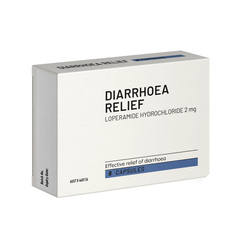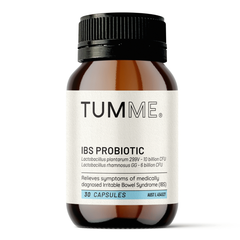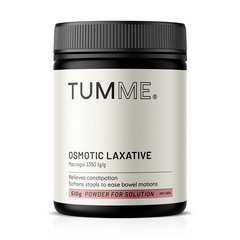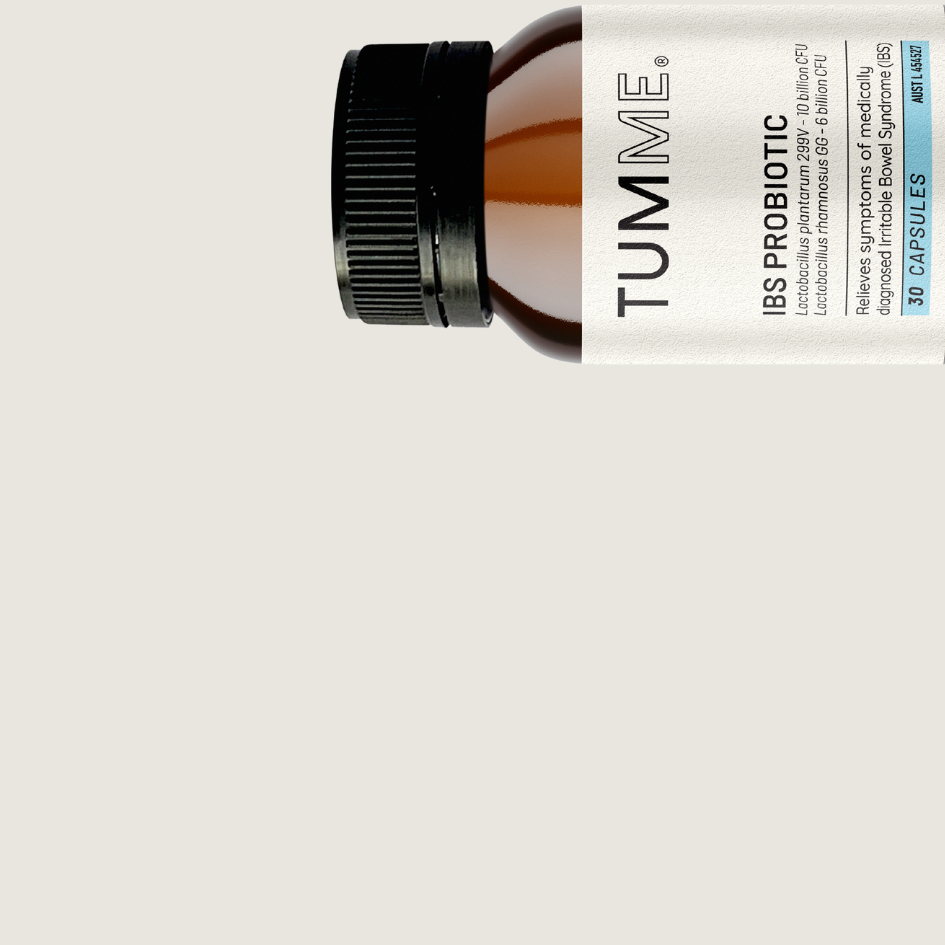Reading time: Less than 2 minutes.
How fibre helps manage IBS symptoms
If you've ever experienced digestive distress, you've likely had someone recommend increasing your fibre intake and also know what is IBS, before jumping to any solution. But what exactly is the role of fibre in managing symptoms of Irritable Bowel Syndrome (IBS)?
Let's explore key ways fibre can help alleviate IBS symptoms and improve digestive health:
-
Regulating Bowel Movements
One of the hallmark symptoms of IBS is irregular bowel movements, including constipation, diarrhoea, or alternating bouts of both. This is where fibre plays a crucial role. Fibre, both soluble and insoluble, adds bulk to stool and helps regulate bowel movements. Soluble fibre absorbs water in the digestive tract, forming a gel-like substance that softens stool and promotes regularity. Insoluble fibre, on the other hand, adds bulk to stool, aiding its passage through the digestive tract. By including fibre-rich foods in your diet, you can alleviate constipation, prevent diarrhoea, and achieve more consistent bowel movements.
-
Supporting Gut Health
A healthy gut microbiome is essential for overall digestive health, and fibre plays a key role in maintaining this balance. Fibre serves as a prebiotic, feeding the beneficial bacteria in your gut. These bacteria ferment fibre, producing short-chain fatty acids that nourish the cells lining the colon and help maintain a healthy gut environment. By promoting the growth of beneficial gut bacteria, fibre supports digestion, reduces inflammation, and alleviates symptoms such as bloating and gas commonly associated with IBS.
-
Providing Satiety and Blood Sugar Regulation
In addition to its digestive benefits, fibre can also aid in weight management and blood sugar regulation. High-fibre foods are more filling and satisfying, helping you feel full for longer periods and reducing overall calorie intake. Fibre also slows down the digestion and absorption of carbohydrates, which helps stabilise blood sugar levels. This can prevent spikes and crashes in blood sugar, which may exacerbate symptoms in individuals with IBS. By incorporating fibre-rich foods into your diet, you can better manage your weight and stabilise your energy levels throughout the day.
Add a Natural Fiber for Balanced Bowel Health
Sterculia, a natural soluble fiber, aids in bowel health by increasing stool bulk and promoting regularity without causing bloating, as supported by clinical studies on non-fermentable fibers. Research indicates its effectiveness in managing constipation and mild digestive discomfort by maintaining optimal gut motility. TUMME's Natural Fibre Sterculia capsules is one such way to add 'Sterculia' to your daily fibre intake.
Incorporating Fibre into Your Diet
Now that you understand the benefits of fibre for managing IBS symptoms, you may be wondering how to incorporate more fibre into your diet. Start by gradually increasing your intake of fibre-rich foods such as fruits, vegetables, whole grains, legumes, nuts, and seeds. You can also opt for a fibre supplement such as Karaya Gum. Experiment with different sources of fibre and note how each affects your symptoms. Remember to drink plenty of water to help fibre move smoothly through your digestive tract and prevent constipation.
Fibre is a powerful ally in the management of IBS symptoms, offering benefits such as regulating bowel movements, supporting gut health, and aiding in weight management and blood sugar regulation. By being conscious about including fibre in your diet and making informed choices about your nutrition, you can take proactive steps towards better digestive health and improved overall well-being.







